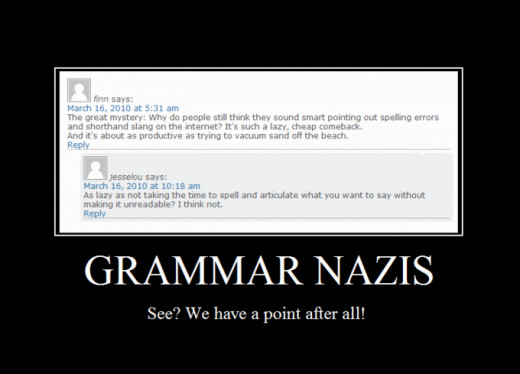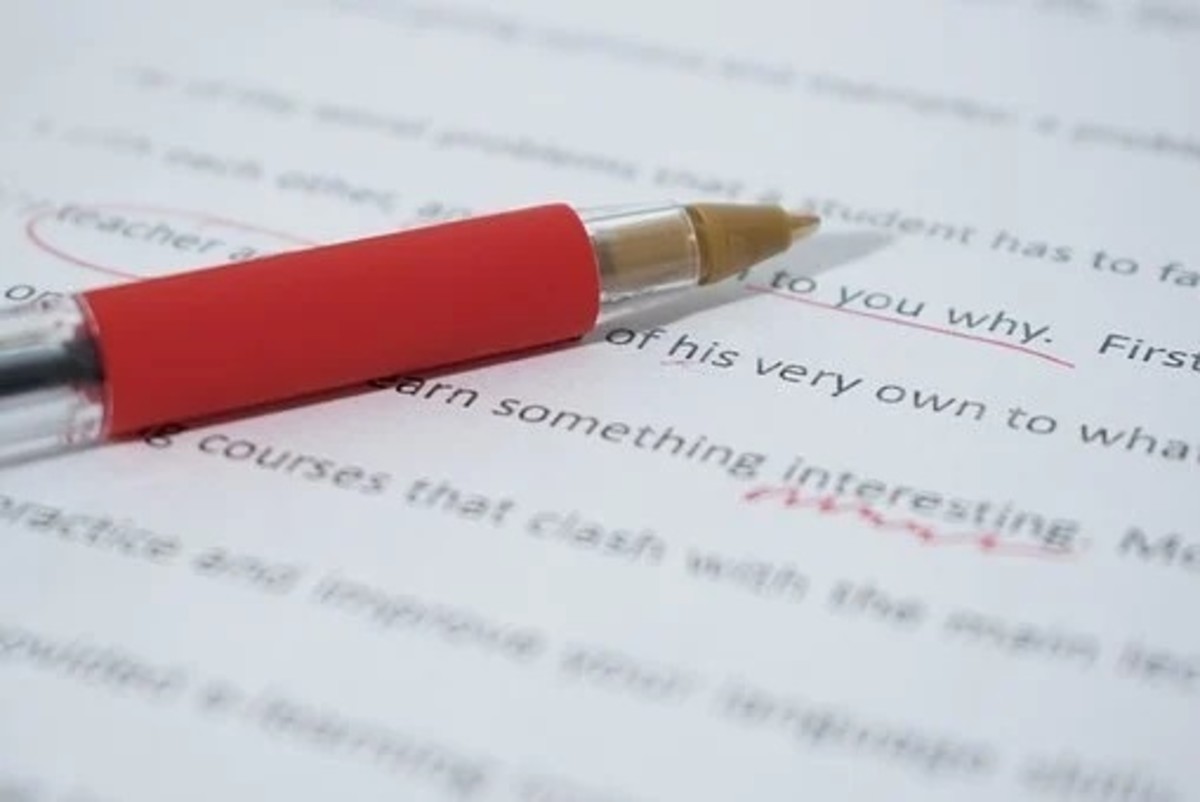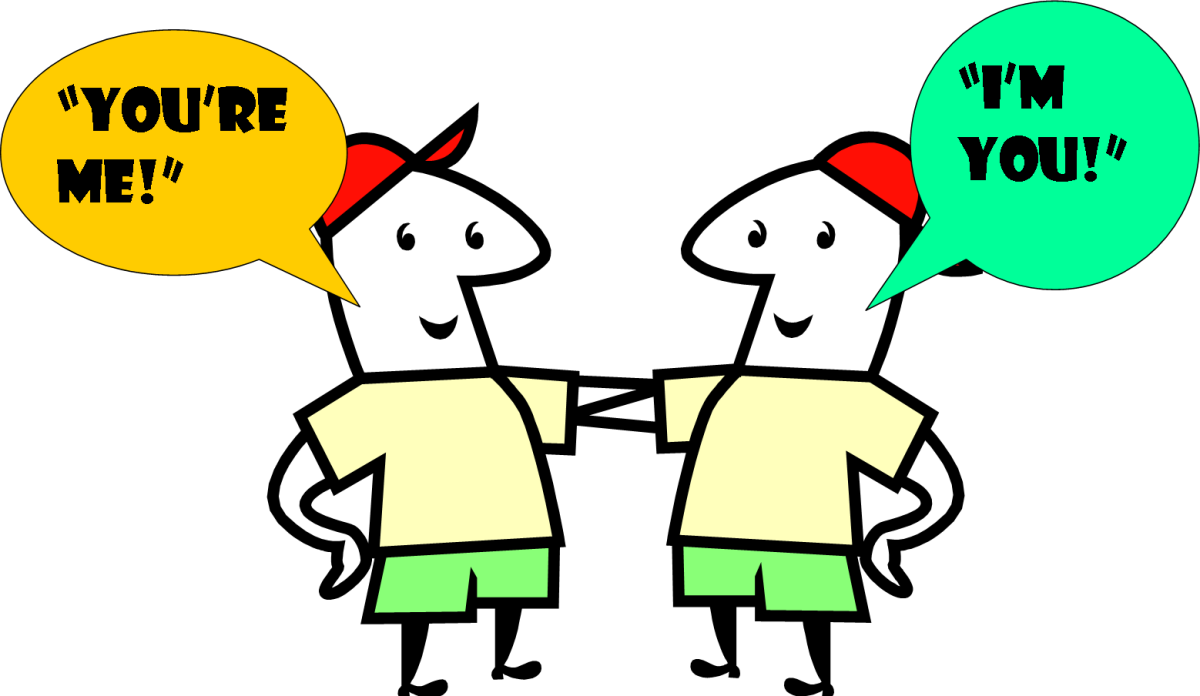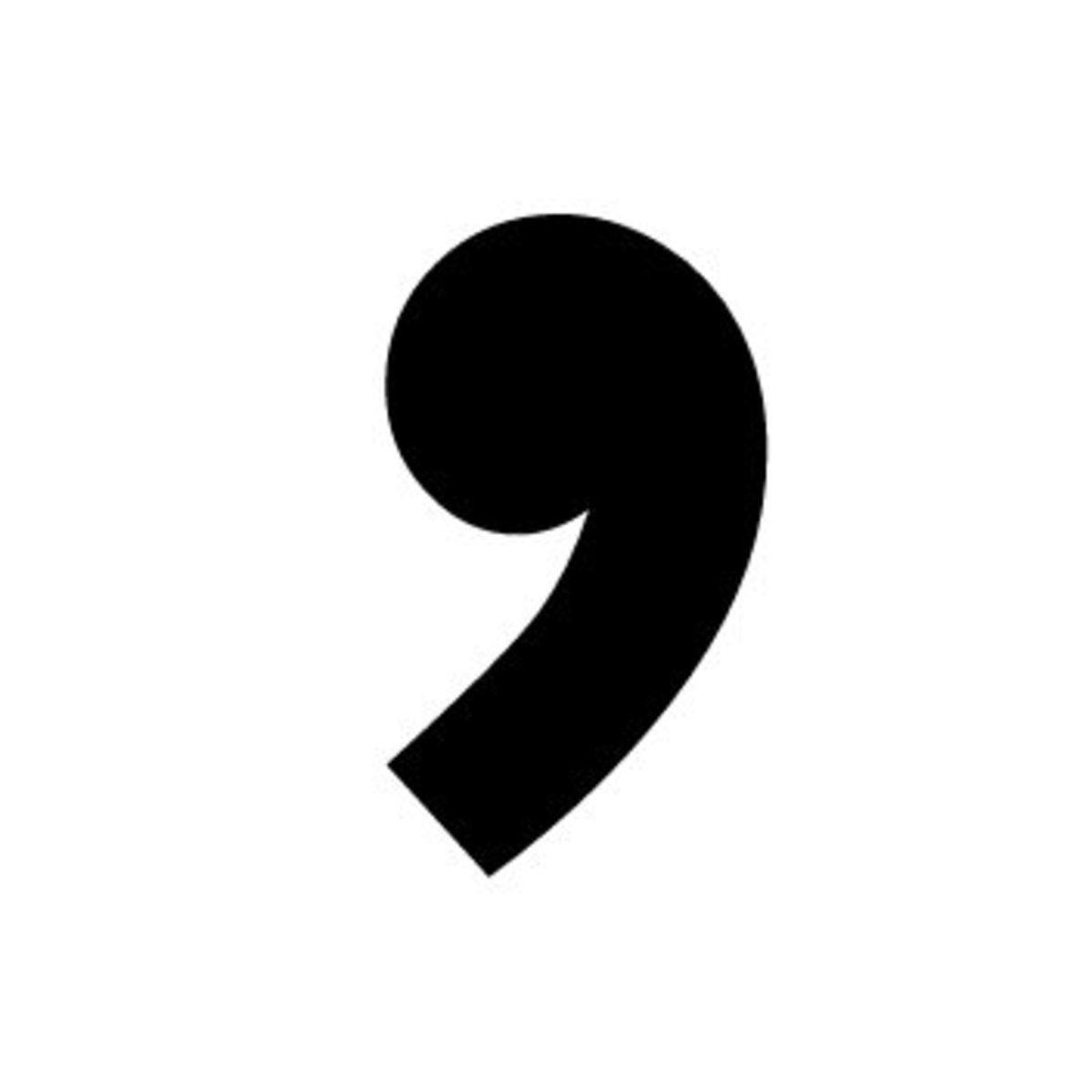We're all grammar nazi's

Ah, Grammar Nazis, you gotta love ‘em, right?, RIGHT?
It’s interesting that the phrase isn’t “spelling nazis” or “punctuation nazis” or “sentence structure sticklers”. It makes me think that the phrase came from people that at least knew something about language and/or grammar – perhaps the insult was an inside job!
The term, I believe, is a kind of ‘phantom term’ like the ‘friend zone’ which doesn’t really mean anything, but gives the speaker of the phrase a way to complain about something they struggle with, or don’t fully understand. It doesn't really have much meat to it, but you seem to see or hear about it a lot.
Here is an interesting thought: We are ALL grammar nazis Yes, even those who claim not to care about language, deep down, (but perhaps not as deep as you might think) can be somewhat of a grammar nazi.
Here I submit my first piece of evidence. If someone writes, or texts or posts, about their favourite book, movie, tv, or cartoon/anime character, and spell their name wrong, or misconstrue a detail, you can see how fast people jump on their keyboards to criticize. Good old hary poter, Obi one canobi, signfeld – see how jarring that is? How much does the apostrophe in the title irk you? (even though that's more punctuation, but the point still stands!) See how much it makes you cringe inside? It’s simply because you care about getting your favourite character’s details right more than the other person, and you may want to help them not make that mistake again, or it could be that you can’t bear seeing your precious thing that you care about treated with such ignorance.
What if I mix up animal species, or car makes and models, or leave out something important in a recipe? You call attention to it, or you want to. If someone quotes a misquoted or out of date fact, you feel the need to correct them. Why? Because they got it WRONG. The spelling, or categorization, or information was wrong or misleading. You’re correcting the way they described something, or the way they used their words – their grammar.
What about song lyrics? I had a friend who once thought The Fray had sung “alone in the paradise” instead of “alone in the bitterness” I had to correct it because he was singing the wrong words, and putting different meaning into the actual song, and making himself look silly to the people who knew the lyrics. Yes I know, listening to it, it sounds a bit ambiguous, but sometimes we need to fact check before believing or listening to things blindly. On that note, however, there are so many subjects and topics, and categories on the planet, it’s impossible to get everything right all the time. But I was still being a ‘grammar nazi’ – “That’s not how it goes!” or “You’re using the words incorrectly!” That’s what you’re saying, in essence. The difference is that you’re being pedantic about one tiny part of a leaf on a tree in a forest. It would be like you ignoring someone who corrected you for getting the tree name wrong, but then insist on making sure that people get all the parts of the leaves correct.
Sure, there are people who do this in a mean or condescending way, but that’s just a different form of bullying. If you’re honestly helping someone by pointing out a basic mistake, you’re actually doing them a favour. Just as if you had food on your face, or a piece of clothing inside out or back to front, if someone points it out you will avoid further embarrassment. You would first get embarrassed and then thank the person for telling you before things got even worse. So why do people get upset when it comes to language? Perhaps it is because it is something that we all can do. If someone insults your mechanical knowledge, and you have no interest in mechanics then you won’t care so much. The insult won’t stick. But because we all can speak and learn a language (or rather, many languages) it can feel like a personal attack. “I can’t believe you didn’t know such a basic thing at your age…!”
I guess it’s because we should care about language at least a little more than we do. We need it to communicate and to express ideas about every other topic of interest. Or as David Crystal says in his Little Book of Languages “Language is different from every other subject you’ll ever study, because language is a part of everything you’ll ever study”. Or as Benjamin Lee Whorf puts it: “A change of language can transform our appreciation of the cosmos”. Believe it or not, we only experience everything through the lens of our language. When we look at, or do something new, we can only use language we have been brought up with to describe it. We can’t think without it.
Having made my point, I return to my original question. You gotta love grammar nazis otherwise you’d be pointing the finger at yourself. You may not be as extreme as some, but as long as you’re passionate about something then, inevitably, you’ll be passionate about that particular leaf of the language tree in the language forest.
Thank you for taking the time to read this, and I hope I've been able to help you grow slightly more passionate (but not pedantic) about the rest of the wonderful forest we live in.








